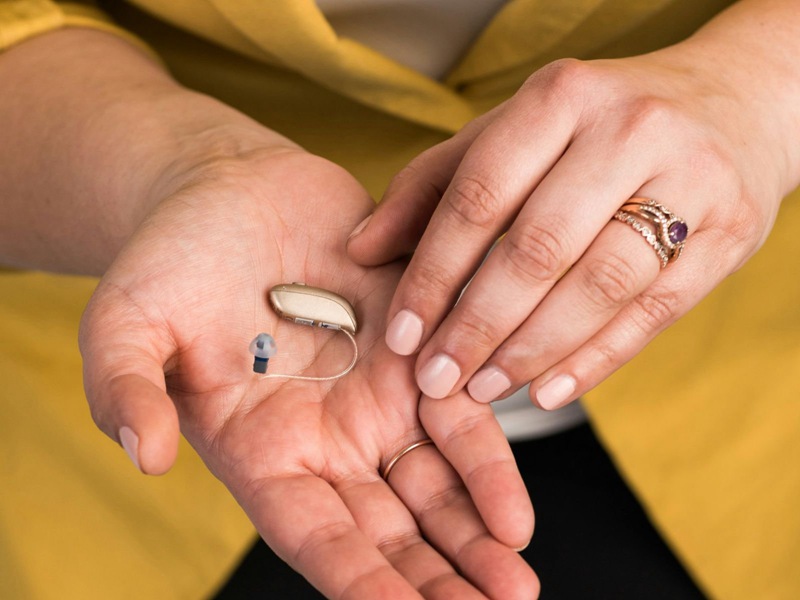-

Sudden Sensorineural Hearing Loss
Sudden sensorineural hearing loss (SSNHL) is a medical emergency characterized by a rapid change in hearing, typically occurring within 72 hours and affecting one ear. Symptoms include muffled hearing, tinnitus, difficulty understanding speech, and sometimes dizziness or vertigo. While the exact cause of SSNHL is often unknown, it can result from infections, circulatory issues, trauma, or other conditions that disrupt blood flow to the inner ear. Prompt medical attention is critical, as treatment...
-

Supplements for Tinnitus
The article discusses the use of dietary supplements for tinnitus relief, emphasizing that while supplements can provide additional nutrients, there is limited scientific evidence supporting their effectiveness in reducing tinnitus perception. Commonly marketed supplements like lipoflavonoids, ginkgo biloba, CBD, and melatonin lack robust proof of benefit, with mixed or inconclusive results from studies. The article cautions against believing bold marketing claims and highlights the importance of...
-

How to Support A Loved One With Hearing Loss
Hearing loss is a common issue that can significantly impact communication and quality of life, but there are practical ways to support loved ones experiencing it. Clear communication strategies, such as facing the person, speaking slowly and clearly, minimizing background noise, and using visual cues, can make conversations easier regardless of whether hearing aids are used. Additionally, offering emotional support during their journey with hearing aids by accompanying them to appointments, ackn...
-

7 Common Symptoms of Hearing Loss + Tests, Treatment and Options
Hearing loss is a common issue affecting millions, with symptoms such as difficulty understanding speech, especially in noisy environments, frequently asking others to repeat themselves, turning up the volume excessively, and withdrawing from social interactions. It can manifest in various types, including high-frequency (commonly age-related), low-frequency (often due to genetic factors or Menière’s disease), "notch" or noise-induced loss, conductive (resulting from physical obstructions like...
-

The Link Between Tinnitus and Dizziness
The article explores the connection between tinnitus (a persistent ringing in the ears) and dizziness, highlighting how these symptoms can stem from inner ear conditions. The inner ear comprises two main systems: one for hearing (the cochlea) and one for balance (the vestibular system). When either or both systems are disrupted due to inflammation, fluid buildup, tumors, or other abnormalities, it can lead to tinnitus, dizziness, and balance issues. Conditions such as Meniere's disease, vestibula...
-

The Link Between Tinnitus and Hearing Loss
Tinnitus, often linked with hearing loss, involves the perception of phantom sounds in the ears. It arises from neuroplastic changes in the brain compensating for missing auditory signals. While it commonly accompanies hearing loss, tinnitus can also occur in individuals with normal hearing due to factors like noise exposure or stress. Diagnosis involves comprehensive evaluations, including audiometric tests and imaging, to identify underlying causes. Treatment options range from hearing aids and...




